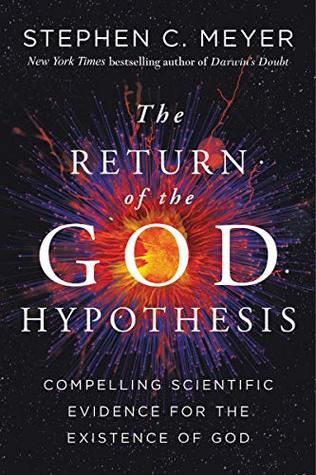Medieval Muslim scholars developed one of the most famous versions of the cosmological argument, known as the Kalām argument. It asserted that the universe had a temporal beginning—a proposition that philosophers typically sought to justify by showing the logical or mathematical absurdity of an infinite regress of cause and effect. The argument concluded that the beginning of the physical universe must have resulted from an uncaused first cause that exists independently of the universe.
Welcome back. Just a moment while we sign you in to your Goodreads account.


